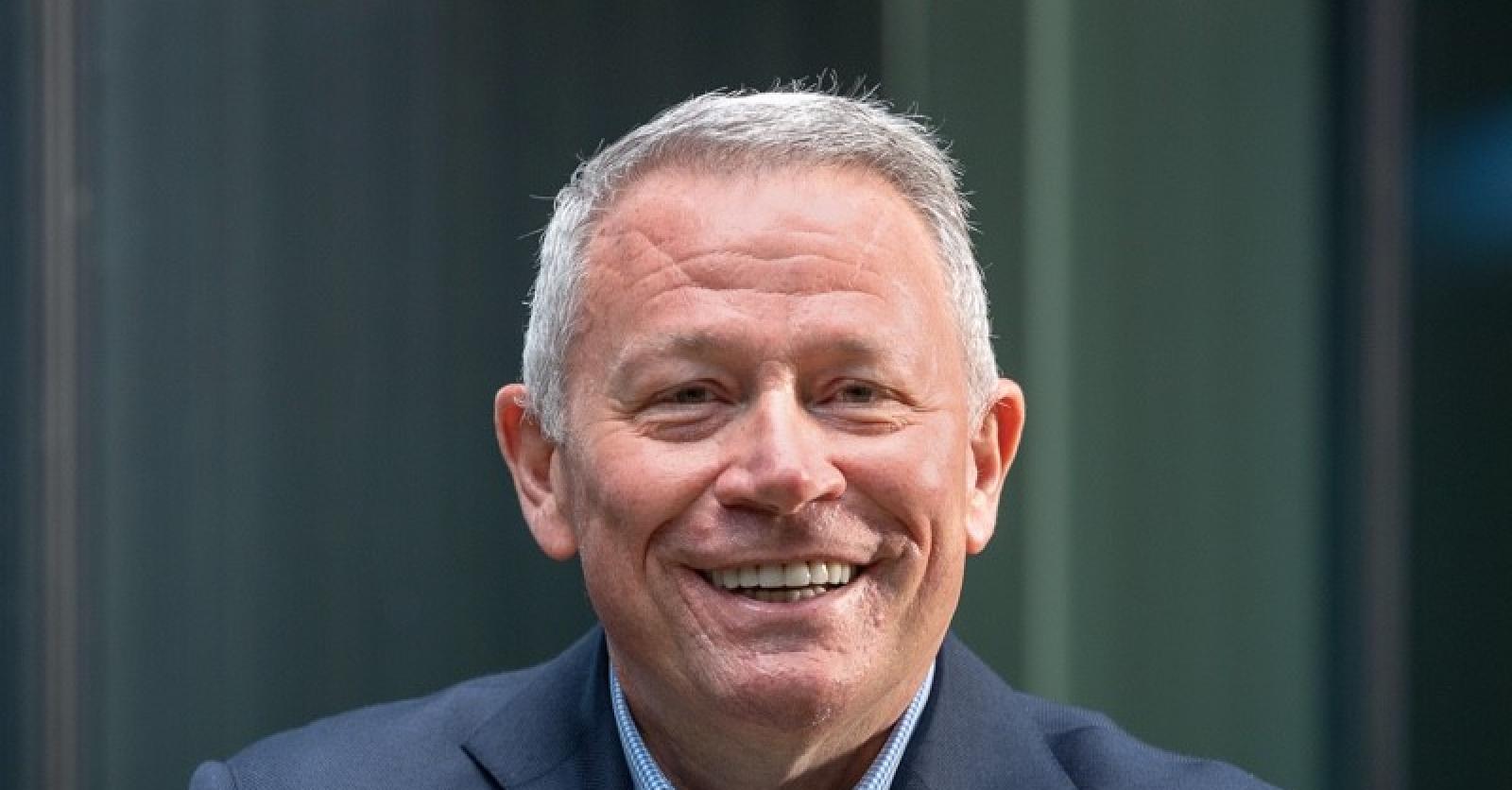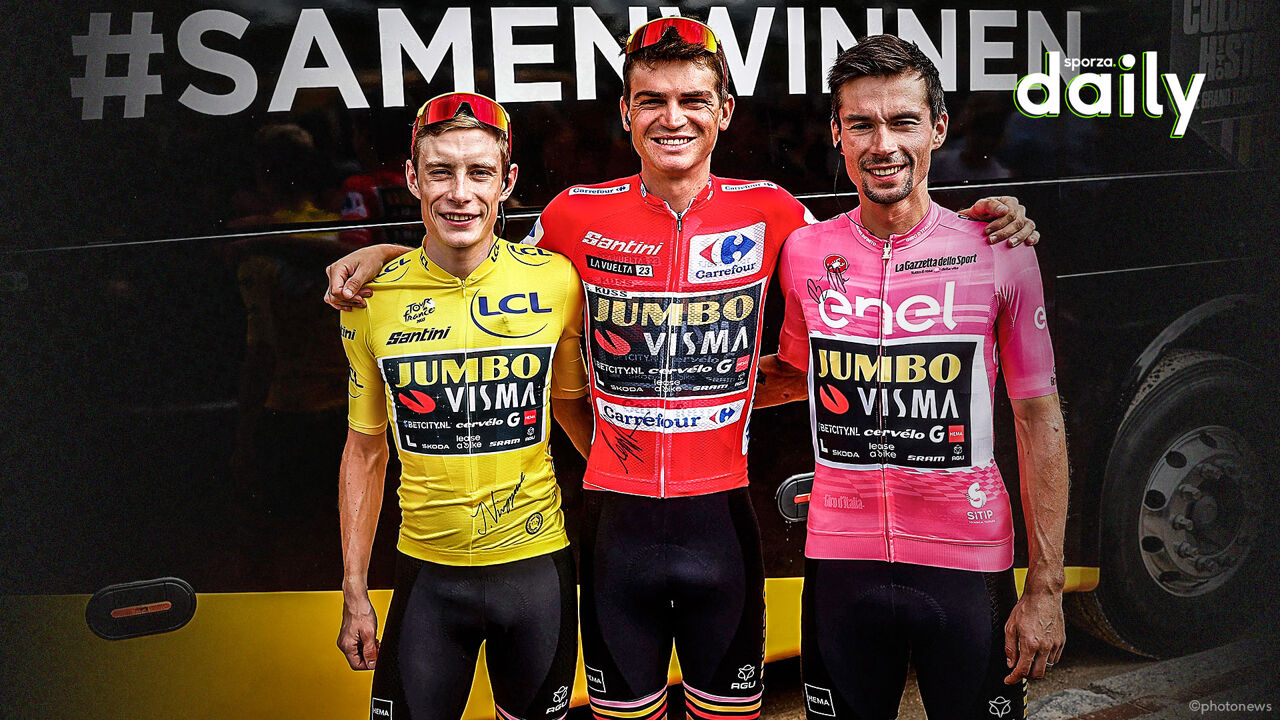Starting Saturday, you can watch a five-part documentary about Jumbo-Visma's miracle year on Amazon Prime. It's just one of many documentaries in which a reporting crew follows a sports team “like a fly on the wall.” The Sporza Daily podcast explains the success of these types of series, but also examines their validity.
The success of sports documentaries
“Sunderland Till I Die” and “Formula 1: Driving to Survive” set the (international) tone about five years ago. Since then, sports documentaries that give fans a behind-the-scenes look have begun to spring up like mushrooms. About tennis, football, racing,…
In the latter category, starting tomorrow, you can watch “All-in: The Trilogy,” which follows an entire year of Jumbo-Visma in its successful quest for victory in the three main rounds.
“Sports are emotion and drama and it's beautiful to portray,” says Tijl Verstraeten, who helped create The Wolfpack around the Quick-Step team.
“But nowadays, athletes are no longer as accessible as they used to be. There is now a whole army of communications staff protecting the athlete. Whereas in the past, as a journalist, you could call someone and have a coffee at home a day later.”
“It's a way to film your team in a controlled way,” adds Gilles Simonet, who, among other things, directed the documentary Allez l'Union.
Related:
“Openness creates empathy.”
But how much “control” is there over the image we see? How authentic?
“You have to show how it really works,” says Jasper Sages, marketing director at Visma-Lease a Bike, Jumbo-Visma's predecessor company.
“This is only possible if you, as a film crew, can control the whole thing. So you will be able to see the conversation between Van Aart and Vengegard on the bus, after Lafay wins in San Sebastian. This way you see what is really happening.”
If teams want to leave something out, you try to convince them why they should include it.
However, “all access” does not mean the same as “bring it,” as Tegel Verstraeten also knows. “Documentary filmmakers who claim they can achieve 100% of what they want are liars.”
“For example, the documentary Jumbo does not show the conversation that took place in the Vuelta between Meren Zeman and the three leaders (Koss, Vinggaard and Roglic). This is something every documentary filmmaker faces.”
“Teams often have the last word,” Simonet says. “But you still try to work as independently as possible.”
“If they say, ‘This or that should be removed,’ try to convince them why they should leave it.”
“Because real openness also creates empathy. Especially in cycling, with its history of doping. By showing the bad moments as well, you show: we have nothing to hide.”
Behind-the-scenes sports documentary: How true is the picture we get?
All In: The Trilogy is the new documentary from the Visma-Lease a Bike team. You will enjoy the season in which the Dutch cycling team won all three Grand Tours like a fly on the wall. These types of documentaries, which give you a look behind the scenes at a sports club, are gaining popularity. But how exactly does such a documentary come about? Explain Visma-Lease a Bike Marketing Director Jasper Siegs, Editor-in-Chief Tegel Verstraeten and TV Producer Gilles Simonet.
Friday 03/1517 minutes
Listen VRT Max

“Subtly charming internet specialist. Avid writer. Friendly alcohol guru. Music ninja. Devoted social media fanatic.”







More Stories
Essevee takes a hammer blow while searching for a ticket to the Jet Propulsion Laboratory
Standard cannot brighten the playoffs with its first victory: STVV comes to collect a point from Sclessin
Elie Iserbit fears the new World Cup: “It may be a drama for traditional teams”